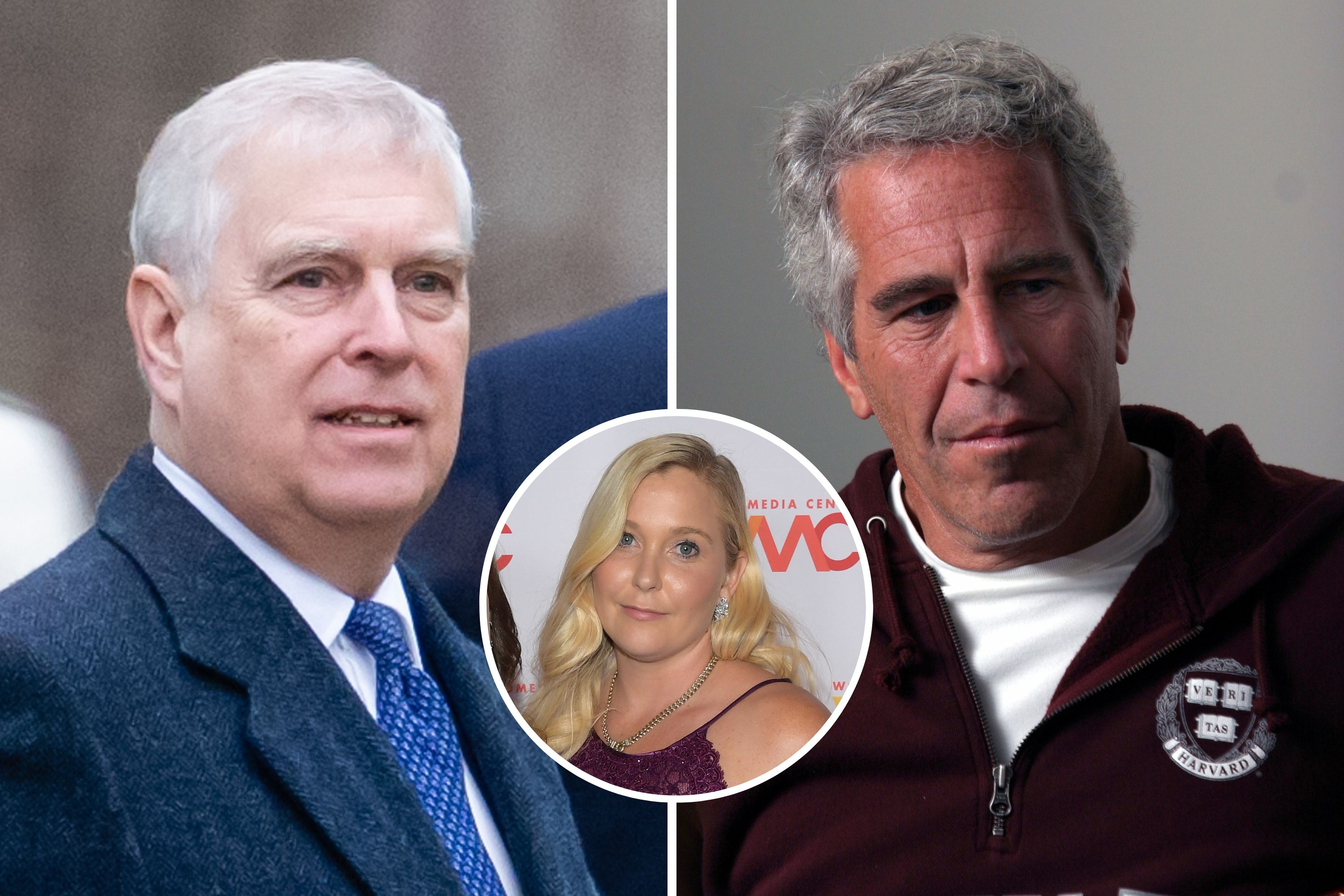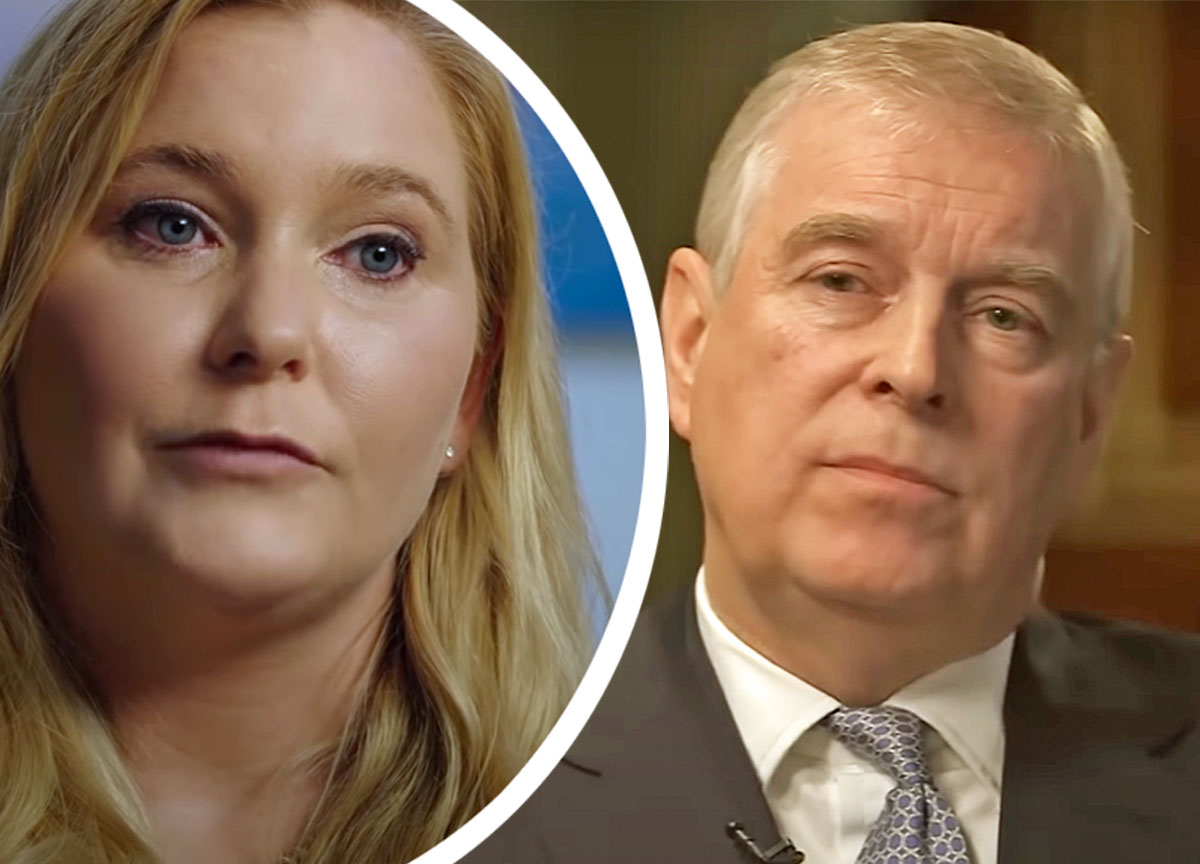Three Years After Retirement: Bradley Wiggins' Fight Against Addiction And Financial Crisis

Table of Contents
The Crushing Weight of Post-Retirement Life
Retiring from a high-pressure career like professional cycling brings a significant psychological and emotional toll. The transition can be jarring, leaving many athletes grappling with a profound sense of loss and uncertainty. For someone as high-profile as Bradley Wiggins, the challenges were likely amplified.
The Loss of Identity and Purpose
Wiggins, like many elite athletes, likely found his identity intrinsically linked to his cycling career. The abrupt cessation of this defining element can lead to a crisis of identity. The loss of daily routine, the decreased social interaction within the tightly-knit cycling community, and the pressure to maintain a carefully crafted public persona all contributed to a potentially significant challenge in finding new sources of meaning and purpose.
- Loss of daily routine: The structured life of a professional athlete, with its rigorous training schedule and clear goals, is suddenly replaced with unstructured time, which can be disorienting.
- Decreased social interaction: The strong bonds formed within the cycling team and community are often lost or significantly diminished after retirement.
- Pressure to maintain a public persona: The constant media attention and public expectation can be exhausting, making it difficult to adjust to a more private life.
The Physical and Mental Health Challenges
Years of intense physical training and competition take a toll on the body and mind. The sudden cessation of this rigorous regime can lead to a range of physical and mental health challenges. The risk of depression, anxiety, and addiction increases significantly.
- Withdrawal symptoms from rigorous training: The body can experience withdrawal symptoms similar to those experienced by individuals quitting addictive substances.
- Increased susceptibility to injury: The body, accustomed to intense physical demands, may be more susceptible to injury and pain after retirement.
- Challenges managing pain and injuries: Pre-existing injuries may worsen without the support and management of a professional training team.
The Financial Realities of Post-Sporting Life
While many associate professional athletes with immense wealth, the reality is often more complex. The financial difficulties faced by many athletes post-retirement underscore the importance of careful planning and professional advice. Wiggins' situation likely exemplifies some of these challenges.
The Illusion of Wealth and the Reality of Expenses
The perception of lifelong wealth in professional sports often contrasts sharply with the realities of high living costs, investment losses, and the need for meticulous long-term financial planning. The significant income generated during a peak career can create a high standard of living that may be unsustainable after retirement.
- Tax implications: High earnings often mean high tax liabilities, potentially reducing the available funds for post-retirement life.
- Managing large sums of money: Handling substantial sums of money requires financial expertise and careful planning to avoid poor investments or unforeseen expenses.
- The need for diversification in investment portfolios: Relying solely on past earnings can be risky. Diversification across various investments is vital for long-term financial security.
The Importance of Financial Planning and Professional Advice
Seeking professional financial advice is crucial for athletes to secure their long-term financial stability. Proper financial planning includes more than just investment strategies; it encompasses a holistic approach to managing finances.
- Pension planning: Securing a reliable pension is vital for consistent income after retirement.
- Estate planning: Planning for the distribution of assets after death ensures the financial security of family members.
- Risk management: Implementing strategies to mitigate financial risks, such as insurance and diversification, is crucial.
Wiggins' Path to Recovery and Resilience
Wiggins' reported struggles with addiction highlight the importance of addressing mental health challenges and seeking support. His journey towards recovery serves as a testament to the power of resilience and the importance of seeking professional help.
Addressing Addiction and Seeking Help
Overcoming addiction requires professional help, therapy, and a strong support network. Wiggins' recovery, while not publicly detailed, likely involved accessing these vital resources.
- Rehabilitation programs: Specialized programs offer structured support and therapeutic interventions for addiction recovery.
- Support groups: Connecting with others facing similar challenges provides a sense of community and shared experience.
- Family support: The love and support of family members can be instrumental in the recovery process.
Rebuilding his Life and Finding New Purpose
Rebuilding one's life after overcoming significant challenges requires a commitment to personal growth and the pursuit of new passions. Wiggins’ journey likely involves finding new sources of purpose and meaning beyond professional cycling.
- New career pursuits: Transitioning to a new career allows for the development of new skills and a sense of accomplishment.
- Philanthropic endeavors: Giving back to the community can provide a sense of purpose and contribute to positive change.
- Strengthening relationships: Focusing on personal relationships can provide emotional support and strengthen bonds.
Conclusion
Bradley Wiggins' story serves as a powerful reminder of the complexities athletes face after retirement. While his career brought immense success, his post-retirement struggles with addiction and financial difficulties illustrate the importance of proactive planning, mental health support, and a strong support network. Understanding the challenges associated with Bradley Wiggins retirement and similar transitions is crucial for athletes, their families, and support teams. By learning from experiences like Wiggins', we can better equip future athletes with the resources and knowledge they need to navigate this challenging phase of life successfully. Let's continue to discuss and address the critical issues surrounding athlete well-being after retirement, using stories like Wiggins' as a catalyst for positive change.

Featured Posts
-
 Crazy Rich Asians Tv Series Jon M Chus Max Project
May 12, 2025
Crazy Rich Asians Tv Series Jon M Chus Max Project
May 12, 2025 -
 Payton Pritchard Sixth Man Of The Year
May 12, 2025
Payton Pritchard Sixth Man Of The Year
May 12, 2025 -
 Virginia Giuffres Car Accident The Latest Developments And Four Day Deadline Claim
May 12, 2025
Virginia Giuffres Car Accident The Latest Developments And Four Day Deadline Claim
May 12, 2025 -
 Prince Andrew Accusers Car Crash Four Day Survival Prediction
May 12, 2025
Prince Andrew Accusers Car Crash Four Day Survival Prediction
May 12, 2025 -
 India Pakistan Conflict Five Indian Soldiers Killed Despite Truce
May 12, 2025
India Pakistan Conflict Five Indian Soldiers Killed Despite Truce
May 12, 2025
